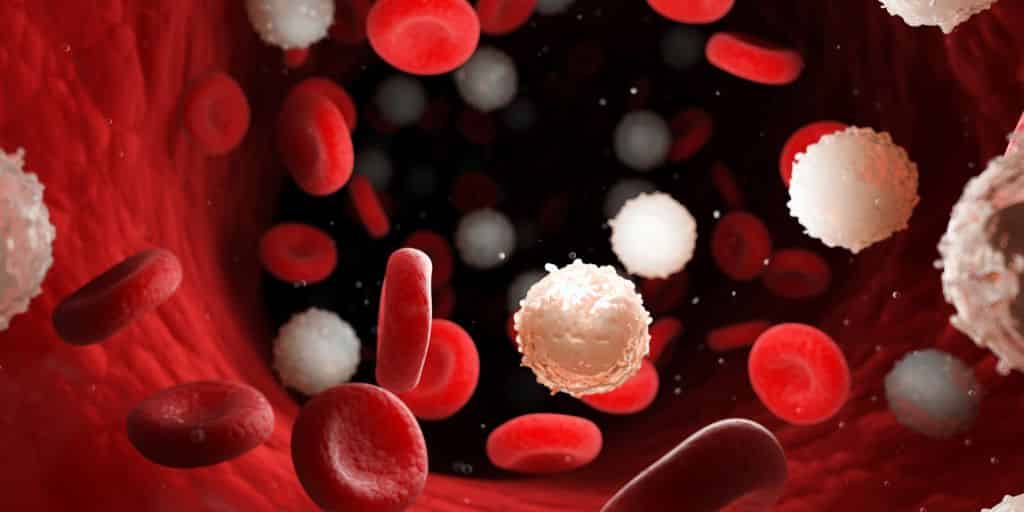Exploratory analysis of anti-cancer drug, navitoclax, combined with ruxolitinib – a medication for the treatment of intermediate or high-risk myelofibrosis (MF) – has given positive results in a study.
The data, announced by US biopharma company, AbbVie, comes from cohort 3 of a phase 2 REFINE study in Janus kinase (JAK) inhibitor naïve patients with myelofibrosis – a rare and difficult to treat blood cancer.
It is supportive of early intervention in MF to achieve improved clinical outcomes in spleen volume reduction (SVR), symptom score, bone marrow fibrosis and anemia.
Symptomatic improvement
The preliminary findings show spleen volume and symptomatic improvement in this cohort. These data are consistent with previously observed data from relapsed/refractory patients.
REFINE is a phase 2 non-randomized open-label multi-cohort study evaluating the safety and efficacy of navitoclax alone or in combination with ruxolitinib in MF.
Mohamed Zaki, vice president at AbbVie, said: “Current treatment options for myelofibrosis are limited and targeted toward controlling disease symptoms. Together with pre-clinical findings, early results of this study demonstrating anti-fibrosis activity of navitoclax in combination with ruxolitinib are promising. Specifically, the data findings regarding reduction in spleen volume, symptoms and bone marrow fibrosis help support the further exploration of disease modification in myelofibrosis.”
Francesco Passamonti, professor of hematology at Varee Hospital, Italy, said: “These data reinforce the importance of early intervention in myelofibrosis and the potential to achieve improved clinical outcomes. These preliminary results show good responses to combination therapy with navitoclax that may continue to improve over time.”
Navitoclax is an investigational, oral BCL-XL/BCL-2 inhibitor. The BCL-2 family of proteins are known regulators of the apoptosis pathway.
Safety and efficacy
It is not approved by the U.S. Food and Drug Administration (FDA) or any health authority worldwide at this time. Its safety and efficacy are under evaluation as part of ongoing phase 2 and registrational phase 3 studies.
The REFINE study is a multi-cohort, phase 2, randomized, open-label, multicenter study evaluating the tolerability and efficacy of navitoclax alone or when added to ruxolitinib in patients with myelofibrosis. The primary outcome measure is the percentage of patients who achieve SVR of greater than or equal to 35% (SVR35) from baseline to week 24.
Myelofibrosis is a blood cancer that results in excessive scar tissue formation (fibrosis) in the bone marrow. Patients living with MF experience symptoms such as an enlarged spleen, fatigue, weakness, and severe anemia, that are often debilitating and greatly impact quality of life. MF also carries a risk of transformation to more aggressive disease such as acute myeloid leukemia.





